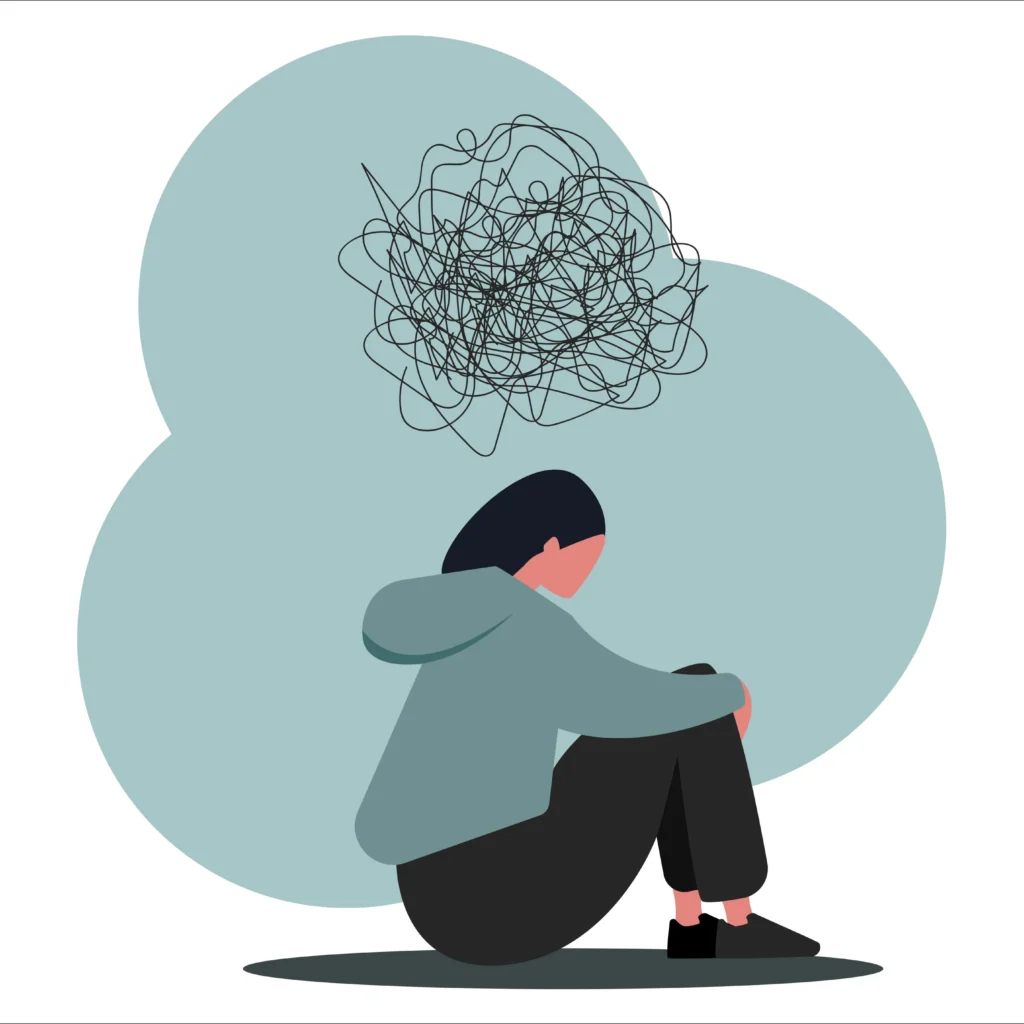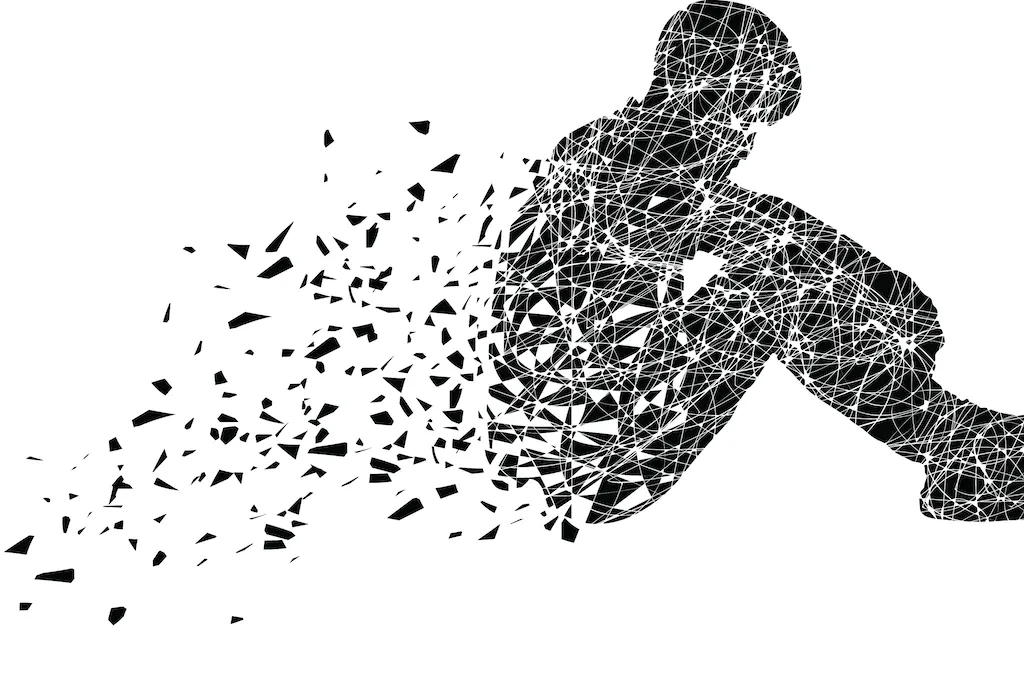Depression Types

Depression Types
What is depression?
In psychology, depression is a mental health disorder characterized by persistent feelings of sadness, hopelessness, and a lack of interest in usually enjoyable activities. This disorder also causes physical symptoms, such as changes in appetite or sleep patterns, fatigue, and difficulty concentrating. It is a common disorder affecting millions worldwide, and it can significantly impact the daily ability to function.

Types of Depression
Mental health professionals diagnose the patients, taking in consideration the number and severity of present symptoms, after an observation for a period of time.
Furthermore, they decide which type of combination of types the patients are experiencing. The types include:
- Major depressive disorder: also known as clinical depression. It is characterized by persistent feelings of sadness, hopelessness, and a lack of interest in once enjoyable activities. Symptoms may also have changes in appetite or sleep patterns, fatigue, difficulty concentrating, and thoughts of self-harm or suicide.
- Persistent depressive disorder: This is a milder form, also known as dysthymia. The symptoms are similar to major depression but less severe and may last for a longer period of time.
- Bipolar disorder: This is a type of mood disorder characterized by periods of intense highs (mania or hypomania) followed by periods of intense lows (depression).
- Postpartum depression: This is a type of depression that occurs after childbirth. It is characterized by feelings of sadness, anxiety, and exhaustion that may interfere with a new mother’s ability to care for herself and her baby.
- Seasonal affective disorder (SAD): This is a type that occurs during the winter months when there is less natural sunlight. Symptoms may include fatigue, irritability, and a lack of energy.
- Psychotic depression: This is a type of depression that involves symptoms of psychosis, such as hallucinations or delusions.
Treatment
The treatment depends on the severity of the symptoms and the individual’s specific needs. Generally, treatment for depression usually involve:
- Psychotherapy or talk therapy,
- Antidepressant medications to increase the levels of certain chemicals in the brain and regulate the mood.
- Lifestyle changes such as regular exercise and healthy eating,
- Brain stimulation therapies such as electroconvulsive therapy (ECT) and transcranial magnetic stimulation (TMS).
- Alternative therapies used in conjunction with other treatments for depression such as acupuncture, massage, or meditation.
RTT in Treating Depression
Rapid Transformational Therapy (RTT) is a new approach of treatment by combining hypnotherapy, cognitive-behavioral therapy (CBT), and neuroscience principles. RTT aims to identify the root cause of an individual’s problem, usually through hypnosis, and then uses CBT techniques to reframe negative beliefs and thought patterns.

As with any form of therapy, it is important to work with a trained and licensed therapist and to consider all available treatment options before deciding on the best course of action.
Make an appointment with Dr Carla today and keep your mental health in check.

